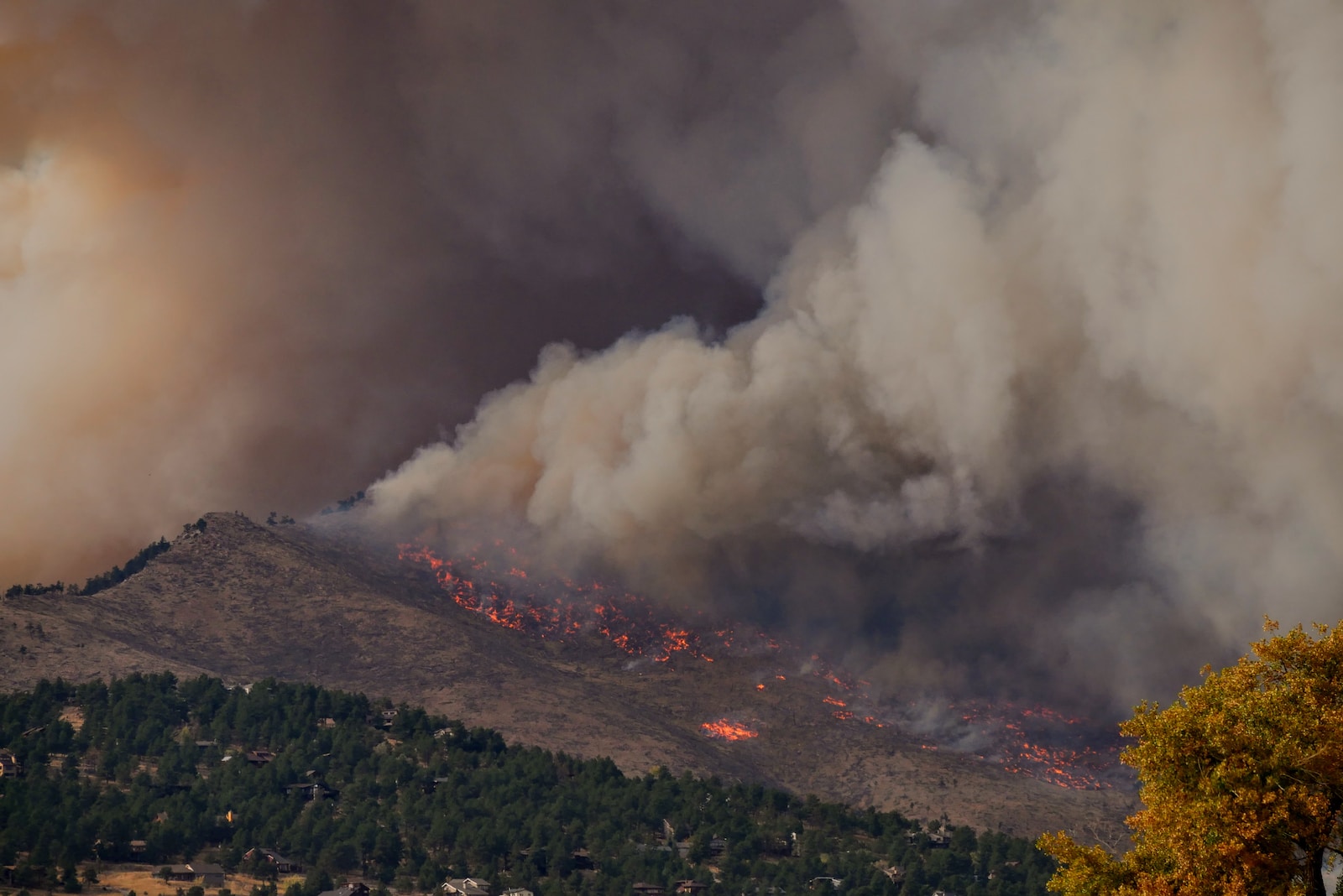Table of Contents
ToggleIntroduction
Wildfires have been ravaging large swathes of land in Western North America, scorching millions of acres and causing widespread devastation. A new study by the Union of Concerned Scientists has found that over 37% of the area burned by wildfires in the West since 1986 can be attributed to carbon pollution from the world’s largest fossil fuel and cement companies.
The study, published in the journal Environmental Research Letters, found that nearly 19.8 million acres out of 53 million burned could be blamed on the planet-cooking pollution from 88 of the world’s major fossil fuel producers and cement manufacturers. The study also found that the fossil fuel activities of these companies warmed the planet by 0.5 degrees Celsius since 1901.
Megadroughts and record-breaking heat due to climate change have fueled the wildfires in the West. The study’s author, Carly Phillips, said that the findings add to a significant body of research that directly links climate change and the impact of the crisis to burning fossil fuels. Phillips pointed out that fossil fuel companies have known for decades about the consequences of climate change, but instead of sharing that information with the public, they engaged in a deliberate misinformation campaign to deceive the general public and cast doubt on climate science.
Methodology and Results
Researchers behind the study came to their conclusions using a method that scientists have relied on in recent years to quantify how much of a role the climate crisis is playing in extreme weather and environmental disasters. They took actual climate data and compared it to an idealized, modeled version of the world where there was no fossil fuel pollution from the 88 companies.
One metric that the scientists focused on was the region’s vapor pressure deficit, which measures how thirsty the atmosphere is for moisture and is a key indicator of fire danger and drought. The methodology looks at how changes in vapor pressure deficit will change burned areas.
The researchers also accounted for aerosol pollution, which reflects sunlight back to space and has a cooling effect. The study found that major oil and gas companies contribute roughly two-thirds of total industrial aerosol emissions.
Human-Caused Factors
The report also noted that development and growth contributed to a higher risk of human behavior-caused fires, with more people and property in harm’s way. In recent years, fires have exhibited increasingly explosive behavior, leading to larger burned areas, more aggressive nighttime fires, and even massive fire-induced tornadoes.
Climate scientists have said human-caused climate change plays a key role in making these extreme fire events worse and more likely to happen. The study shows how quickly the science about climate change causes is moving and gives us vital information about the very real harms to people from pollution from burning coal, oil, and gas.
Accountability and Responsibility
Phillips said the key message they want people to take away from this study is that fossil fuel companies need to be held accountable for exacerbating extreme climate events like wildfires, which are putting lives at risk. Fossil fuel companies should pay their fair share of the costs of these climate impacts.
The failure of fossil fuel companies to abate their emissions after recognizing the climate risk of their activities in the mid-1960s is even more reprehensible. The continued greenhouse gas emissions due to these companies’ products in the late 20th century resulted in loading the dice for the western US climate towards a hotter and drier future with a higher likelihood of catastrophic wildfires.
Conclusion
The study shows the devastating impact of fossil fuel pollution on the environment and how it is exacerbating the climate crisis. It is crucial that measures are put in place to hold fossil fuel companies accountable and reduce carbon emissions. The findings of the study should serve as a wake-up call to policymakers and individuals alike to take urgent action to mitigate the effects of climate change.







